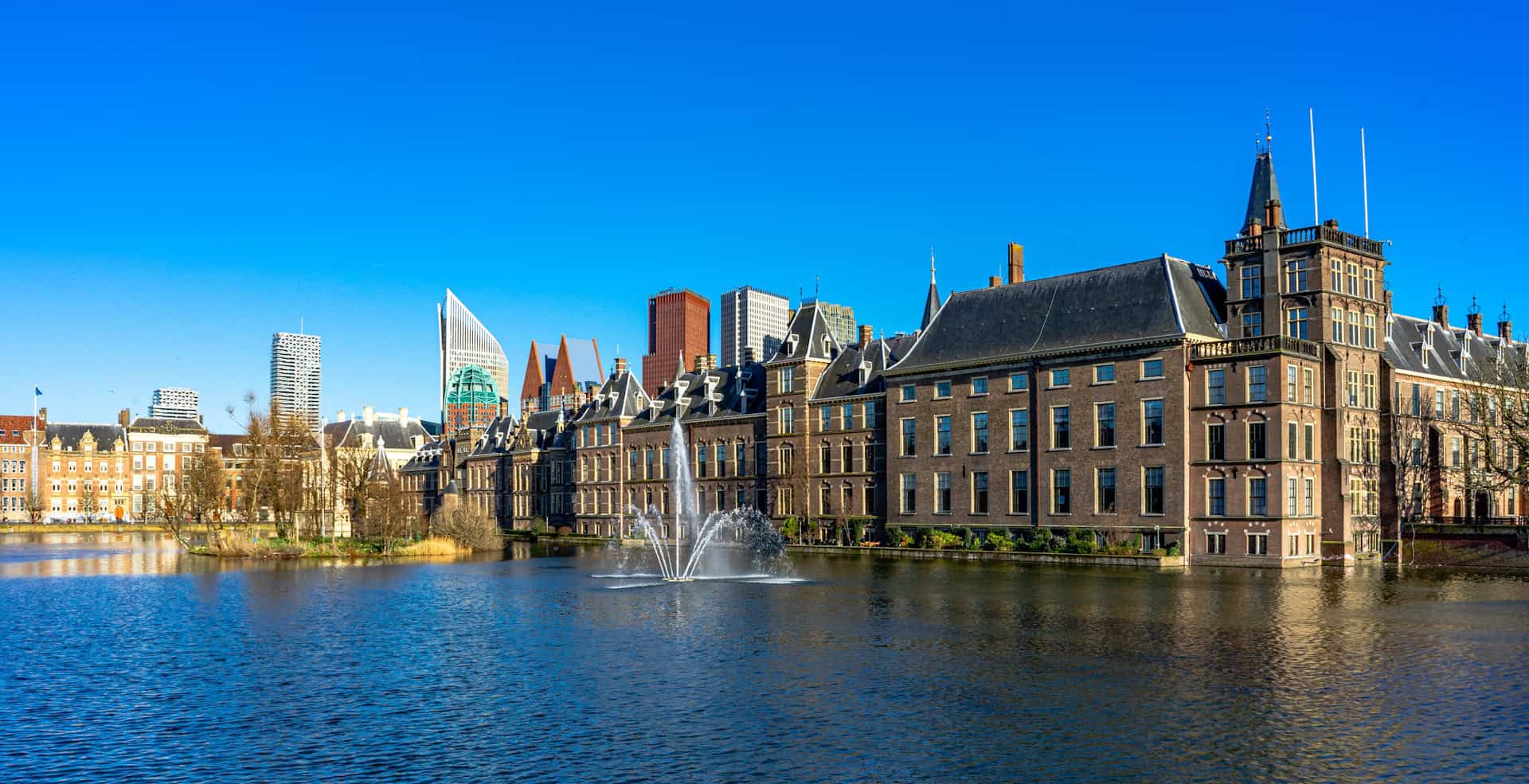- The 5.4% rise in international student numbers in the year 2023-24 was the smallest recorded in the Netherlands since 2014
- The basis of a four-party right-wing coalition government has been agreed, announcing major cuts to higher education and further international student restrictions
- Regional differences across the Netherlands mean that some institutions are still trying to attract overseas students and are considering expanding TNE offerings.
The international student population in the Netherlands grew at its slowest rate in nearly a decade in this academic year (2023/24), a sign that recent moves to curb internationalisation and reduce international student numbers are taking hold.
An all-time high of one in six (128,000) students are currently attending Dutch universities from abroad, but the 5.4% rise recorded this year is the smallest since 2014, according to Nuffic data published on May 28.
“While we are still seeing growth, it is a world of difference from the double-digit growth rates we saw in previous years,” said Nuffic researcher Saoradh Favier.
“In university undergraduate courses, it is the first time we have seen no increase in the number of new international students,” added Favier.
The flattening of the growth curve is in line with a trend that started in 2022, when international student numbers grew by 7%, not including short-term exchange students such as those on Erasmus+ programs.
“The decline is not surprising at all – none of the regulations changing English language programs to be taught in Dutch have actually happened yet – but this is a gut reaction by the market based on the perception of studying in the Netherlands,” Peter Birdsall, president of Wittenborg University of Applied Sciences, told The PIE News.
This is a gut reaction by the market based on the perception of studying in the Netherlands
Peter Birdsall, Wittenborg University of Applied Sciences
The rapid internationalisation of higher education over the last decade has led to concerns from government about the accessibility of Dutch students into universities, as well as what some deem an overuse of the English language in higher education.
Then education minister Robert Dijkgraaf’s call in 2022 for universities to stop actively recruiting international students has likely impacted the recent slowdown in growth, according to authors of the report.
Earlier this year, 14 leading Dutch institutions announced plans to limit the number of English-taught degrees and reduce international student enrolment, amid worries about housing shortages and overcrowded lecture halls.
“Internationalisation is of great importance to the Netherlands… At the same time, large numbers of international students can put pressure on the accessibility and quality of education, and there is insufficient student accommodation in some cities,” Ruben Puylaert, Universities of the Netherlands spokesperson told The PIE.
The report revealed almost three-quarters of international students come from the European Union, Norway, Iceland, or Liechtenstein.
German students make up the largest number at 21,000, though this figure has declined for the second year in a row.
The number of new Chinese students in the Netherlands increased by 23% – the largest rise in almost 20 years – which may have been caused by the lifting of Chinese restrictions since the pandemic, suggested Nuffic.
However, Birdsall disagreed about the impact of lifting Covid restrictions, instead pointing to the actions of agents and pathway providers, enroling as many students as possible before restrictions come into force in the Netherlands.
The report showed that Ukrainian student numbers grew by 18%, after doubling in the year 2022-23 following the Russian invasion of Ukraine.
Though many universities have welcomed measures to curb international student numbers, the housing crisis and overcrowding are not felt equally across the country and critics have warned against a ‘one size fits all’ approach.
“International students contribute to the quality of education everywhere, but some regions depend more on their presence than others. Especially border regions with demographic decline need international talent to upkeep their education offering and keep the regional economy going,” Nuffic policy advisor Kumi Tempels told The PIE.
The report from Nuffic showed that 44% of international students are based in the western provinces of South or North Holland, with Zeeland, Drenthe and Flevoland each hosting less than 1% of the total.
International students make up nearly 20% of the city of Amsterdam’s student body, which has the largest number of international students (25,272), followed by Maastricht (14,099) and Groningen (12,373).
In university undergraduate courses, it is the first time we have seen no increase in the number of new international students
Saoradh Favier
Six months after anti-Islam populist Geert Wilders won a shocking victory in the Dutch general election, he has agreed the basis of a four-party right-wing coalition government.
Former intelligence chief Dick Schoof was formally nominated as the new prime minister on May 28, though real power will remain in the hands of Wilders, according to Birdsall.
It is expected that the nomination of a former national counterterrorism director as PM could also reverse the recent influx of Chinese students due to security concerns.
In May 2024, the new coalition announced plans for an enrolment limit for international students, restrictions on EU students obtaining basic student grants and an increase in tuition fees for non-EU students.
In a move that shocked the sector, it also resolved to make major cuts to university funding and student grants, as well as reintroducing a fine for students who delay their degrees for longer than one year.
According to Birdsall, Wittenborg University has been working hard to maintain international student recruitment and so far, has not been significantly impacted by declining growth.
However, he expected the “stringent anti-immigration policy” of the future government to have a considerable effect on international student flows and is already exploring TNE partnerships in China, India, the Emirates and Ghana.
“What will raise its head in the Netherlands is postgraduate work routes, which are embedded in European law so will be a harder fight to change than in the UK, but that would really disturb the market and particularly so for us as a business school,” Birdsall added.
“The implications for higher education in the Netherlands as a whole are quite dramatic… it’s not just internationalisation, it really is a backlash against liberalised educated people.”











